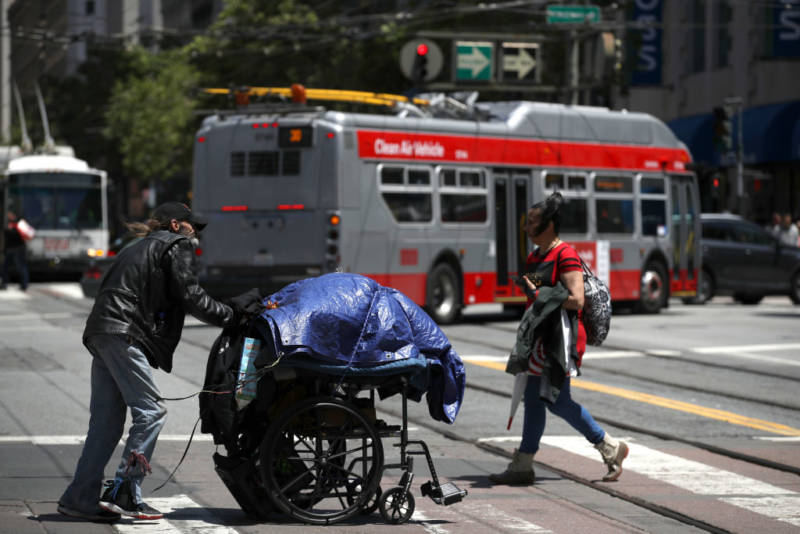“We’re going to do whatever it takes to reach these people, to engage them into services and to make sure they can achieve stability and wellness,” he said.
Some city leaders, however, say the plan falls far short of fulfilling the massive need on the street.
“I unfortunately wish the Department of Public Health would begin to react to the scale of the problem instead of nibbling around the edges,” said Supervisor Hillary Ronen, who has advocated for extending these services to everyone who needs them.
Ronen is pushing for an overhaul of the city’s mental health system with a measure slated for the March 2020 ballot. Dubbed “Mental Health SF,” the program, if approved by voters, would provide free and immediate access to mental health care to San Francisco residents, regardless of insurance. It would also require the creation of a new round-the-clock drop-in center for people seeking help with mental health or substance abuse issues.
Yolanda Morrissette, a recovering drug addict who was able to overcome her struggles thanks to city services and programs, said that she hopes to serve as an example of someone who can turn her life around despite suffering from mental health and addiction issues.
“They were able to help me get on medication. They were able to get me therapy to get to the root of the problem,” she said. “I had a lot of anger issues, depression, suicidal thoughts.”
Morrissette said she now lives in a one-bedroom apartment and works full-time as a mental health advocate.
“I just slowly said I was going to build myself up,” she said.
Additional reporting was provided by Bay City News.

